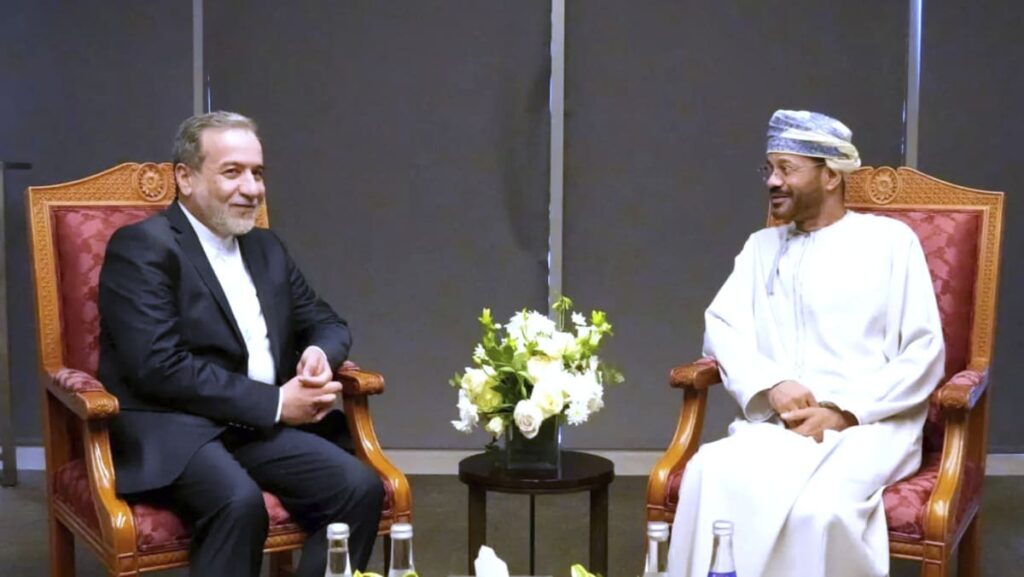HIGH STAKES
However, failure would aggravate fears of a wider conflagration across a region that exports much of the world’s oil. Tehran has cautioned neighbouring countries that have US bases that they would face “severe consequences” if they were involved in any US military attack on Iran.
“There is a chance for initial understanding on further negotiations if the other party (US) enters the talks with an equal stance,” Araqchi told Iranian TV.
Iran’s Supreme Leader Ayatollah Ali Khamenei, who has the final say on key state matters, has given Araqchi “full authority” for the talks, an Iranian official told Reuters.
Iran has ruled out negotiating its defence capabilities such as its ballistic missile programme.
Western nations say Iran’s enrichment of uranium, a nuclear fuel source, has gone far beyond the requirements of a civilian energy programme and has produced stocks at a level of fissile purity close to those required in warheads.
Trump, who has restored a “maximum pressure” campaign on Tehran since February, ditched a 2015 nuclear pact between Iran and six world powers in 2018 during his first term and reimposed crippling sanctions on the Islamic Republic.
Since then, Iran’s nuclear programme has leaped forward, including by enriching uranium to 60 percent fissile purity, a technical step from the levels needed for a bomb.
Israel, Washington’s closest Middle East ally, regards Iran’s nuclear programme as an existential threat and has long threatened to attack Iran if diplomacy fails to curb its nuclear ambitions.
Tehran’s influence throughout the Middle East has been severely weakened over the past 18 months, with its regional allies, known as the “Axis of Resistance”, either dismantled or badly damaged since the start of the Hamas-Israel war in Gaza and the fall of Bashar al-Assad in Syria in December.

